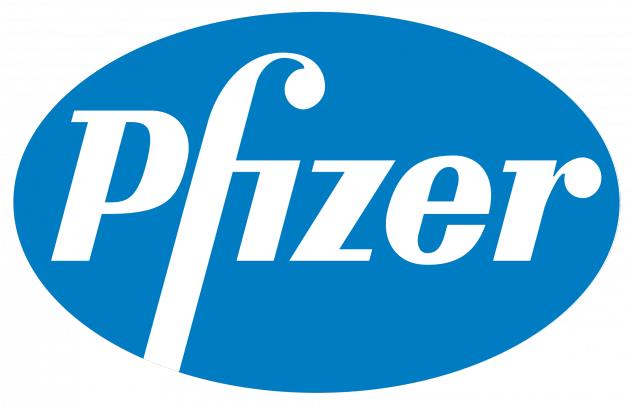Pfizer Vitals, which claimed to stand for quality generics, has suffered a two-fold loss, failing to meet market performance expectations, and getting its carcinogen containing hypertension drug suspended.

Pfizer launched its generics division Pfizer Vitals in 2012. It relied on LG Chem, formerly known as LG Life Science, to manufacture its generics and sold the medication directly.
However, Pfizer Vitals’ performance paled in comparison to that of its global headquarters Pfizer.
Norvasc V, the copycat drug of the original Exforge (Amlodipine/valsartan) was the generic firm’s bestselling product in the first half of this year. The drug recorded a 0.6 percent growth in outpatient prescription sales from 3.8 billion won ($3.4 million) in the first half of 2017 to 3.9 billion won in the first half of this year.
Aside from Norvasc V, sales of Cilo V, the generic version of Otsuka Pharmaceutical’s antithrombotic agent Pletaal, also stagnated with sales of 247 million won. Sales of other generics including Montelu V (MSD’s Singulair generic), CLO V (Sanofi-Aventis’ Plavix generic), and Gapraton (Abbott’s Ganaton generic) also performed poorly, failing to reach 100 million won in sales in H1.
Montelu V recorded sales of 58 million won while CLO V sold 47 million won and Gapraton sold 18 million won.
Then came the controversy over carcinogen-containing valsartan. Hit hardest was Norvasc V, Pfizer Vitals’ only relatively well-performing product.
Pfizer seemed to have taken a passive stance toward the valsartan scandal. The firm showed a “don’t-care” attitude, deflecting the problem to the problematic Daebong Life Science and producer LG Chem. LG Chem is responsible for the production of Norvasc V.
■ Related: 59 Korea-made high blood pressure medications called back over cancer fears
“We have confirmed the temporary sales suspension of Norvasc V. LG Chem is manufacturing Norvasc V by getting raw ingredients from Daebong Life Science,” a Pfizer officer said. “LG Chem is conducting additional examinations, and we are waiting for the results.”
The firm stated that it would follow the Ministry of Food and Drug Safety’s instructions regarding the products already sold in the market.
“We will follow the follow-up measures of the Ministry of Food and Drug Safety for products already distributed. We are currently just monitoring the situation,” the official added.
Regarding Pfizer's stance, a LG Chem official noted that, “Even though our product contains the same valsartan, [carcinogens] were not found in our products. We have confirmed this several times through internal notices and relayed it onto our customers (medical institutions).”
Although both Pfizer and LG Chem have the same valsartan-containing products], only Pfizer’s became a problem, the LG Chem official added.
LG Chem has two types of valsartan-containing drugs. One is an antihypertension drug called Levacalm (lercanidipine/valsartan), and the other is a antihypertension and hyperlipidemia drug called Rovatitan (rosuvastatin, valsartan). The two drugs are sold independently of Norvasc V.
“In making consignment contracts, consignors usually make orders based on consignees’ licenses, because the latter won them on the strength of their raw materials and manufacturing know-how,” a researcher working at a mid-sized firm said. “However, there are also cases where the consignor selects materials by, for instance, adding the suppliers of such materials. This means only the contracting parties know the details.”
Forecasts for the poorly performing Pfizer Vitals is looking dimmer with its typical product Norvasc V getting a sales suspension by being mired in the carcinogen controversy.

